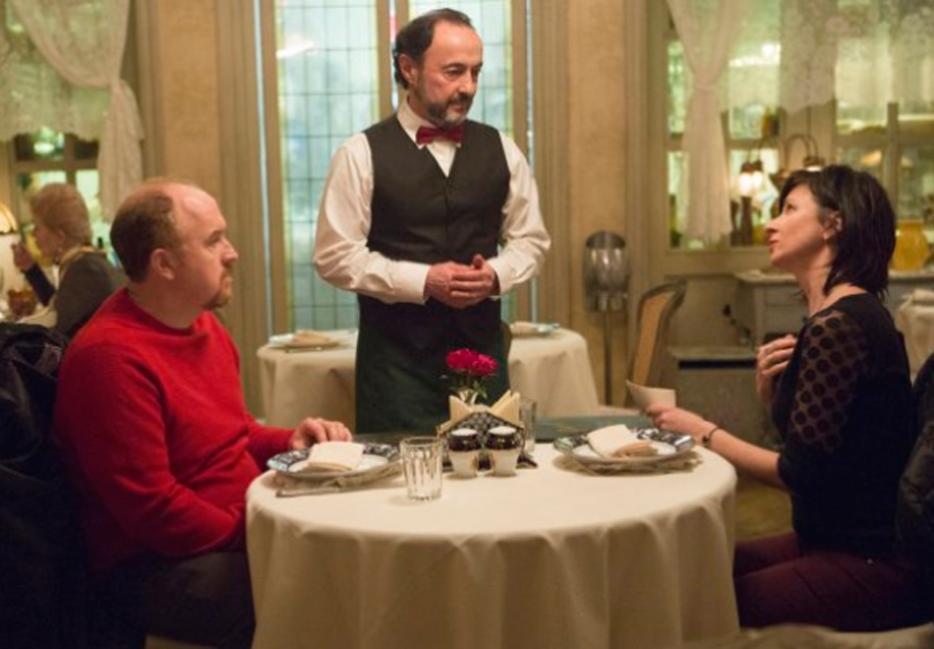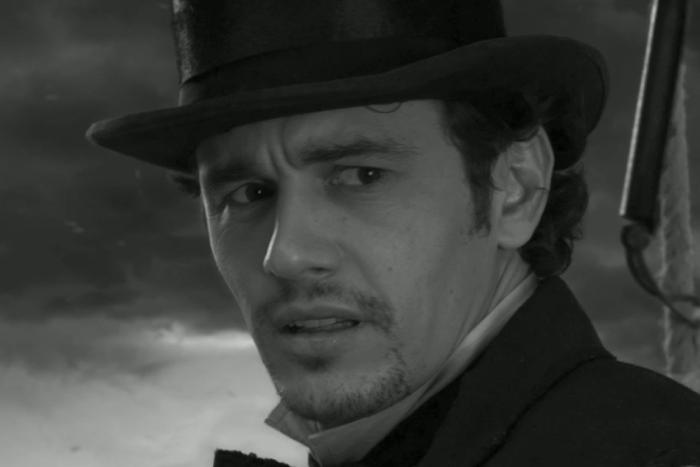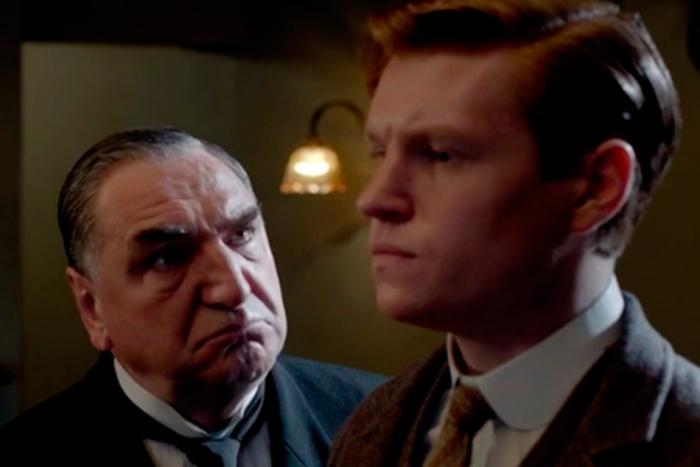“When you’re learning about something and dissecting it, I don’t think you’re really through until you don’t understand anything about it. If you study something and you find all this stuff about it, you just went skin deep, so if you keep going and going, you should be left with a fucking mess of unanswered questions.” - Louis C.K. to Jonah Weiner
It’s sometimes helpful to think of Louis C.K. less as a stand-up than a particularly funny guide through the fucking mess. His actual baseline pacing skills notwithstanding, the point of a Louis C.K. joke, the piece that actually makes it funny, is the way it stands there and points at just what a fucking mess the world is, sometimes a bit angry (“Look. Look! Just look at it!”), often faintly amused, but never actually confused about what it’s seeing. It’s the world, it’s supposed to be a mess: the funniest part is that we’re animals built to ask why in a place built to never really answer the question.
There is a certain amount of self-examination inherent to the process, but C.K. really began the process of asking “why?” about himself in earnest on Louie, his FX show, now in its fourth season, that is really more like 43 Short Films About Louis C.K. The character isn’t a strict analogue—though he is a divorced comedian with a palpable sense of self-loathing living in New York—but the differences, especially this year, seem to be that Louie is allowed to do some of the horrible, heinous things that Louis only talks about: the TV character is the real(ish)-world avatar of his creator’s moral mental gymnastics.
Though this darkness can lead to some transcendent moments of light (the awareness of purpose that followed the Late Show arc), these tend to be as rare on the show as they are anywhere else. It’s mostly just that fucking mess, and lately even the brief flashes of hope get sucked right into it. In the six-part “Elevator” arc, Louie falls in love with Amia, his Hungarian neighbour, who is already scheduled to leave the country in a month. Her departure, though, is not the real tragedy: it’s that Louie cannot actually talk to her, that they literally do not understand each other, which is all laid bare in a touching goodbye speech (and throughout the relationship, if you know Hungarian). Even as they do seem to have a relatively fun time on a mostly wordless date, she’s effectively a figment, a thing for Louie to hang his projections on—which his dirtbag friends all but consider a dream girl, and which leads to an uncomfortable sexual situation. Even the most basic, crucial impulse we have gets pulled into the fucking mess, and Louie is left both affectingly wounded and looking like kind of an asshole.
That’s been something of a running theme on the show, though some of the deepest cuts have occurred this year. Just prior to the “Elevator” episodes was “So Did the Fat Lady,” which ended with a speech on what it’s like to be a fat woman in our society that basically gutted Louie and threw his entrails into the Hudson. There was some chatter about how well that speech (written by C.K., though sharply performed by Sarah Baker) really hit the mark, but the way the camera floats around the two of them, ducking in for close-ups of Baker’s face and then pulling back to just give us glimpses of Louie, listening as if too stunned to react, suggests it’s less about giving voice to fat women than about pinning down Louie’s own shitty attitudes. That other voice is just another why, another step deeper into the mess.
This has culminated, at least so far, in his actions in last week’s “Pamela Part 1,” wherein he forced himself on his longtime friend and occasional flirting partner. There will be fallout from this—the word “rape” was used, albeit as part of Pam’s normally incisive sarcasm with Louie—but even the act itself feels like a way for C.K. to throw himself further into mess. The act is preceded by a long, funny, and (in my estimation, anyway) pointedly correct summation of the bullshit disparity between gender roles, historically and now. Some have taken that as a bit of a cover for what’s to follow, a way of proving feminist bona fides, but it seems like more of a way to mess those up further, to take what seems to be a foundational belief and destabilize it. What kind of equality can there be when I am physically—never mind psychologically—capable of doing something like this? What kind of feminist bona fides can a man actually have, in a world like this, anyway? At what point is it all just so much window dressing to make ourselves feel better about our obvious and easily abused power imbalance?
As has been pointed out, Louie has jumped into this one with both feet: however it manages to resolve this, it has already essentially asked to sympathize with a man who all but (arguably did?) rape his friend. But, in a season full of Louie failing to understand the women around him—and actually revelling a bit in not understanding the women around him—it seems like just the kind of fucking mess a man with a good long bit about feminism needs to get lost in.






